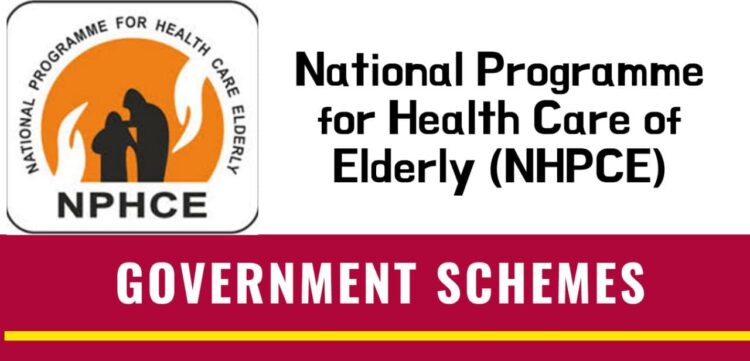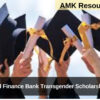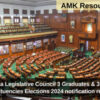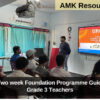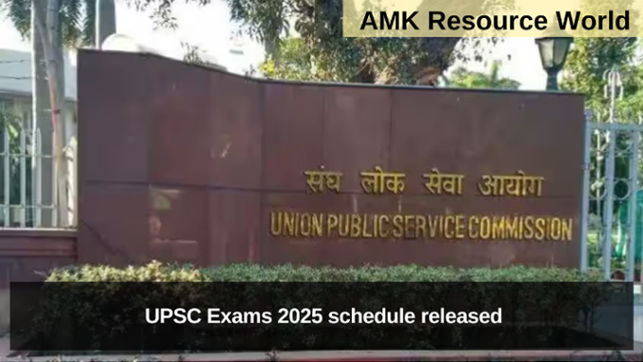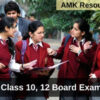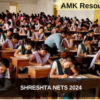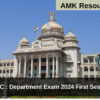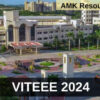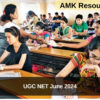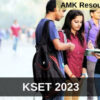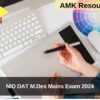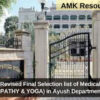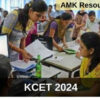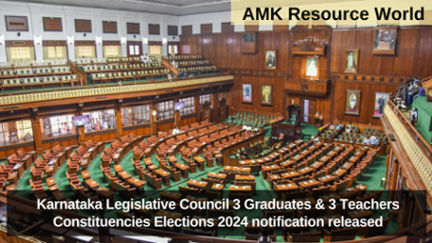In the present century Population ageing is one of the most discussed global phenomena. Countries like India with a large population have a large number of people aged 60 years or more. In last 50 years the population over the age of 60 years has tripled in India and will relentlessly increase in the near future. Older people were 7.7% of the total population, which increased to 8.14% according to census 2011.
The projections for population over 60 years in next four censuses are: 133.32 million (2021), 178.59 (2031), 236.01 million (2041) and 300.96 million (2051). The increases in the elderly population are the result of changing fertility and mortality regimes over the last 40-50 years.
In the year 2010,during the 11th plan period the Ministry of Health & Family Welfare launched National Programme for the Health Care of Elderly” (NPHCE) by keeping in view the recommendations made in the “National Policy on Older Persons” as well as the State’s obligation under the “Maintenance & Welfare of Parents & Senior Citizens Act 2007”, to address various health related problems of elderly people.
The Vision of the NPHCE are:
- Providing attainable, nominal, and high-quality long-term, comprehensive and dedicated care services to aged citizens.
- Creating a new “architecture” for Ageing.
- Building a foundation to create an enabling environment for “a Society for all Ages;”
- Promoting the concept of Active and Healthy Ageing.
Objectives of the scheme:
- Through community based primary health-care (PHC) approach providing an easy approach to promotional, preventive, curative and rehabilitative services.
- Providing appropriate health interventions in the community with a strong referral backup support once the health problems are identified in the aged citizens.
- Building the capacity of the medical and paramedical professionals as well as the care-takers within the family for providing health-care to the senior citizen.
- Through district hospital regional medical institutions providing referral services to the elderly patients.
- Convergence with National Rural Health Mission (NRHM), Ayush and other line departments like Ministry of Social Justice and Empowerment.
Strategies to achieve the objectives of NPHCE
- Domiciliary visits by trained health-care workersincludingCommunity based PHC approach.
- By providing dedicated services at PHC/Community Health Center (CHC) level including provision of machinery, equipment, training, additional human resources, Information, Education and Communication (IEC), etc.
- By providing dedicated facilities at the district hospital with 10 bedded wards, additional human resources, machinery and equipment, consumables and drugs, training and IEC
- Strengthening of 8 Regional Medical Institutes to provide dedicated tertiary level medical facilities for the elderly, introducing PG courses in geriatric medicine, and in-service training of health personnel at all levels.
- Mainstreaming Ayush – revitalizing local health traditions and convergence with programs of Ministry of Social Justice and Empowerment in the field of geriatrics
- Reorienting medical education to support geriatric issues.
Expected Outcome of Programme
- By the end of 12thplan period setting up of 325 District Geriatric Units with dedicated Geriatric OPD and 10-bedded Geriatric ward in 80-100 District Hospitals.
- In all Community Health Centres of selected districts setting up of biweekly Geriatric Clinics and Rehabilitation units
- In all Primary Health Centres of selected districts setting up of weekly Geriatric Clinics.
- Strengthening all sub-centres of selected districts to provide with equipment for community outreach services;
- Provide training to staff of Public Health Care System in Geriatric Care.
Institutional Framework:
- Integration with NRHM
- Constitution of State Health Society (SHS)
- Constitution of District Health Society (DHS)
Package of Services
- Sub Centre: Health Education and home based care to bedridden elderly persons and provide training to the family health care providers in looking after the disabled elderly persons.
- Primary Health Centre: Conducting weekly geriatric clinic health assessment of the elderly persons and simple investigation including blood sugar, etc.
- Community Health Centre: Conducting biweekly geriatric clinic, organizing rehabilitation services, domiciliary visits by the rehabilitation worker for bed-ridden elderly and counselling to family members for care such patients.
- District Hospitals: Dedicated Geriatric OPD services, In-door admissions through 10 bedded geriatric ward, laboratory investigations and rehabilitation services
- Regional Geriatric Centres:Providing tertiary care services through OPD and in-door admission in 30 bedded ward, development of specialized human resource through MD courses in geriatric medicine as well as research
A good and new initiative is taken by NPCHE to take care of a fast ageing population. It requires more attention in the implementation and coordination so that the program would not only be on paper like many other programs of the country.
